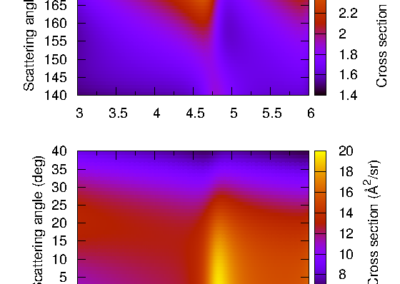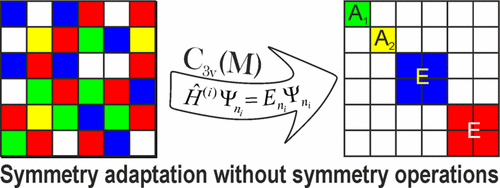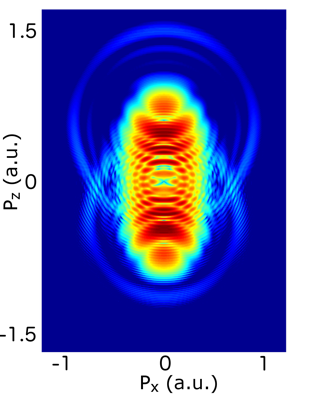CCPQ is a collaborative computational project with the objectives of developing theoretical techniques and computer programs to describe collisions between projectiles such as electrons, positrons or photons and atomic or molecular targets.
It involves research scientists from UK universities and government laboratories as well as scientists from Germany, Italy, Japan and US. CCPQ supports network activities, code curation using CCPForge until its closure and now on GitLab, zenodo and GitHub, and related atomic and molecular research.
Over the years these objectives have expanded to include atoms and molecules in strong (long-pulse and attosecond) laser fields, low-energy interactions of antihydrogen with small atoms and molecules, cold atoms, Bose-Einstein condensates and optical lattices.
The project is directed by a Steering Panel chaired by Dr Jimena D Gorfinkiel, with vice-chairs Dr Stephen Clark, University of Bristol, and Professor Hugo van der Hart, Queen’s University Belfast. We thank and give our best wishes to former Chair Professor Graham Worth, University College London. The CCPQ Steering Panel with additional UK members and international members and advisers make up the network Working Group.
The project grew out of the old CCP2 which focused on correlated ab initio continuum methods for leptonic collisions and multiphoton interactions, and in 2011 incorporated CCP6 that focused on molecule-molecule scattering and nuclear quantum dynamics.
If you work in the CCPQ areas of interest and would like to be involved in the Working Group, please contact Dr Gorfinkiel. The project receives support (acknowledged below) from the Computational Science Centre for Research Communities, CoSeC. Many members of CCPQ are part of EPSRC’s High End Consortium (HEC) UK-AMOR for high performance computing on the UK national resource ARCHER-2 and its predecessor ARCHER.
Please note, the site has recently (November 2022) transferred to WordPress and is effectively under re-construction. Legacy features from the old site will appear soon if they are not yet present, and new features will be added within the WordPress formulation.
Latest news

The CCPQ Website is being upgraded
The website has been moved to WordPress in line with CoSeC and STFC-SCD/UKRI recommended preferences. Further content from the old ...
Upcoming events
No Results Found
The page you requested could not be found. Try refining your search, or use the navigation above to locate the post.
Our team
Dr J D Gorfinkiel
Position - Chair
School of Physical Sciences The Open University Walton Hall Milton Keynes, MK7 6AA, UK interests: Electron collisions with molecules and molecular clusters. Description of the correlated electronic continua of molecules.
Professor H W van der Hart
Position - Vice Chair
School of Mathematics and Physics, The Queen's University of Belfast, Belfast, BT7 1NN, UK
Dr S R Clark
Position - Vice Chair
Department of Physics, University of Bristol, HH Wills Physics Laboratory, Tyndall Avenue, Bristol BS8 1TL, UK



